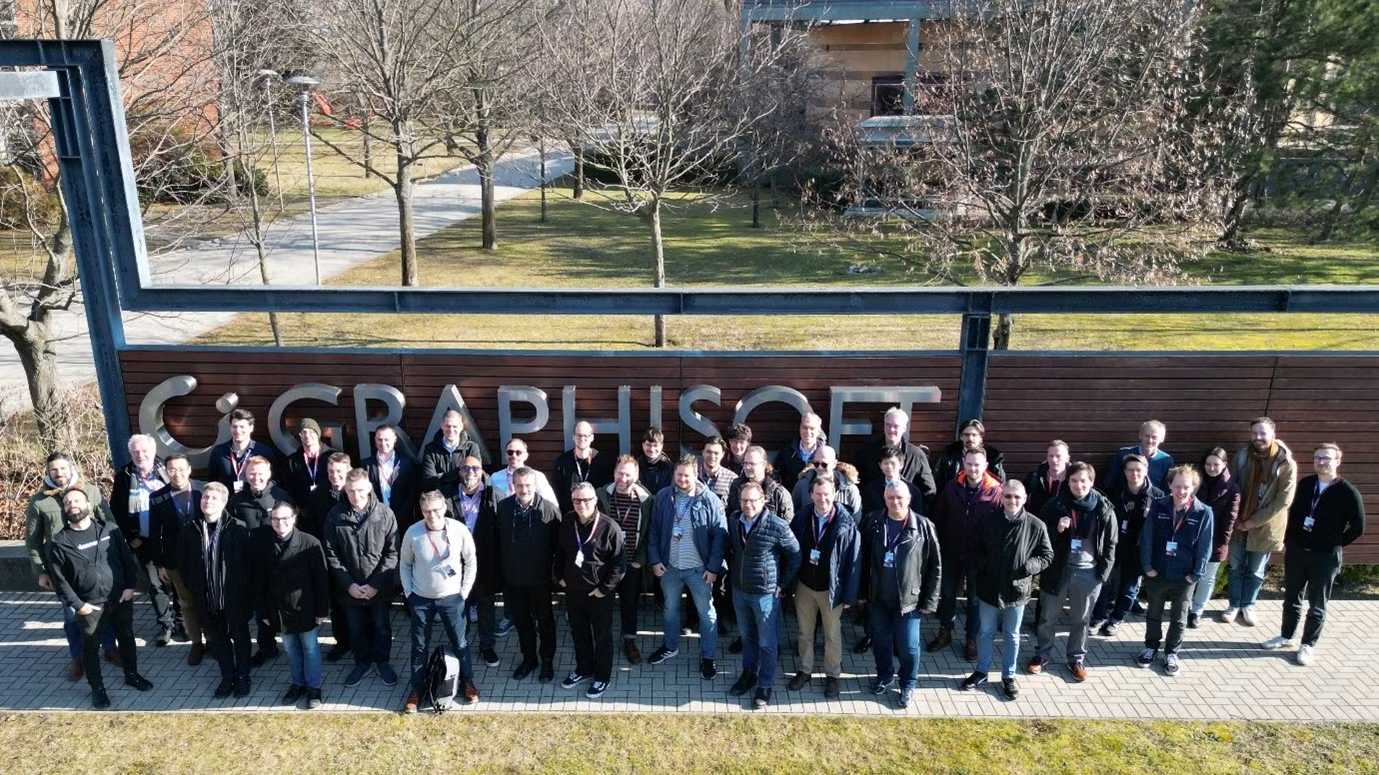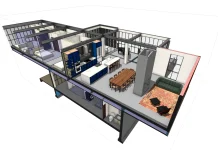New research suggests combining digital building techniques could have a significant impact on homes, cities and transport networks
Studies undertaken by Birmingham City University suggest merging advanced digital building techniques could transform communities.
The research, which was carried out by Erika Pärn, a Lecturer in Architectural Technology, showed combining a number of technologically advanced construction methods could revolutionise cities, homes and infrastructure networks.
Responsive communities
Pärn, who recently showcased the research at a major international infrastructure conference in Ghana, demonstrated that using digital technologies could create more understanding of how people use land and infrastructure. This information can then be utilised to create more responsive communities as well as save money for government-funded infrastructure schemes.
Pärn noted that while BIM and other technologies are usually used in isolation, merging them with other emerging and existing digital technologies could help organise infrastructure in cities and communities. This includes where homes and shops are located. Digital techniques could be used to generate plans detailing how people use their local area.
Approaching construction in this manner could also help lift some communities out of poverty, as it ensures the efficient use of land and resources.
Combining digital technologies
In her research, she notes a number of key technologies that could be combined to transform how cities and communities are formed.
The seven key elements are:
- Optoelectric devices (e.g. laser scanning)
- Machine learning
- Sensors and network based technologies
- Building Information Modelling
- Machine vision technology
- Hybrid technology
- Geographic Information Systems (GIS)
Pärn said: “By bringing together these techniques we can make cities and communities which better fit the needs of the people living there, as well as helping to cut the levels of deprivation seen in some areas.
“Mixing the seven dimensions of digital technology offers a potential solution to critical infrastructure needs, and will enable countries such as Ghana to capitalise upon the very real benefits that come out of smart city development.
“This includes environmental sustainability and infrastructure operational cost efficiency. It is an exciting prospect to be working with our African colleagues and be at the very forefront of future developments.
“In the UK the government has already laid out a mandate for use of digital building techniques but I think we need to go even further and look at the impact these technologies can have on transforming how whole cities look across the globe.”














